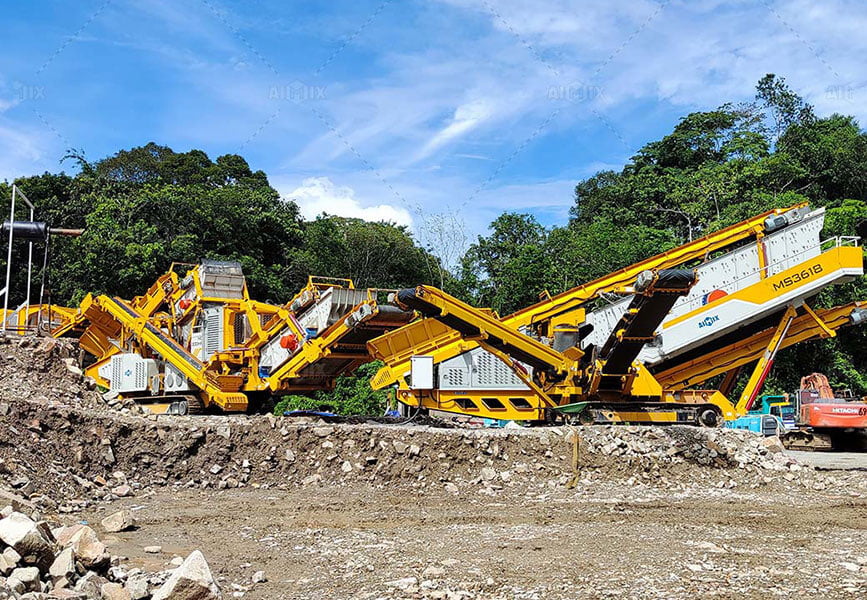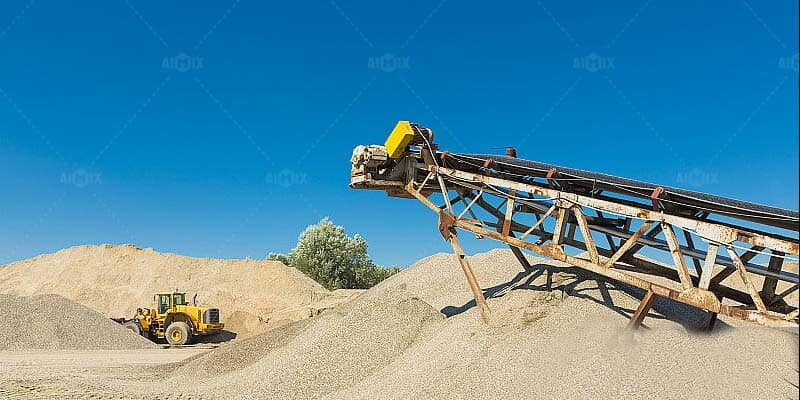In the realm of construction and mining, the acquisition of reliable rock crushing equipment is paramount. This machinery not only enhances productivity but also significantly impacts the overall efficiency of operations. As contractors navigate the complexities of various projects, understanding the nuances of investing in rock crushing equipment for sale becomes essential. This guide aims to elucidate the critical factors contractors should consider when contemplating such an investment, ensuring informed decision-making that aligns with both immediate and long-term operational goals.

Understanding Rock Crushing Equipment
Understanding Rock Crushing Equipment
Types of Rock Crushing Equipment
The spectrum of rock crushing equipment is vast, encompassing various types designed for specific applications. Primarily, there are jaw crushers, which excel at primary crushing tasks due to their robust design and ability to handle large materials. Cone crushers follow, offering versatility in secondary and tertiary crushing, adept at producing finely crushed aggregates. Additionally, impact crushers are noteworthy for their efficiency in creating uniform particle sizes, making them ideal for shaping materials in the construction process. Each type presents unique advantages and is tailored to specific operational demands.
Key Features to Consider
When evaluating rock crushing equipment, it is crucial to scrutinize several key features that can influence performance and longevity. The crushing capacity is a primary consideration; it determines the volume of material that can be processed in a given timeframe. Furthermore, the power source of the equipment—whether electric or diesel—can affect operational costs and maintenance needs. Mobility is another pivotal aspect; portable equipment can enhance site versatility, while stationary units may offer greater durability for long-term projects.
Cost Implications
Investing in rock crushing equipment entails a detailed analysis of both initial costs and long-term financial implications. The upfront stone crusher plant price is an obvious factor, yet contractors must also consider operating expenses, including fuel consumption, maintenance, and potential downtime. Additionally, the resale value of the equipment should not be overlooked; selecting machinery from reputable manufacturers can ensure better retention of value over time. Contractors must weigh these costs against projected revenue from projects to ascertain the viability of their investment.

The Investment Process
The Investment Process
Research and Selection
The journey toward acquiring rock crushing equipment begins with thorough research. Contractors should evaluate various brands and models, reading reviews and case studies to gauge performance in real-world scenarios. Engaging with industry peers and participating in forums can yield invaluable insights into the reliability of specific equipment. Once a shortlist has been established, conducting comparative analyses based on features, costs, and warranties will facilitate a more informed selection process.
Financing Options
Given the substantial capital required for purchasing rock crushing equipment, exploring financing options is prudent. Contractors may consider traditional bank loans, leasing arrangements, or specialized equipment financing companies that understand the industry. Each option presents its own set of advantages and disadvantages, thus necessitating an evaluation of interest rates, repayment terms, and the impact on cash flow. Engaging a financial advisor can be beneficial in navigating these choices effectively.
Maintenance and Support
Post-purchase, the focus shifts to maintaining the equipment to maximize its lifespan and performance. Establishing a preventative maintenance schedule can mitigate the risk of unexpected breakdowns, thereby ensuring continuous operation. Furthermore, contractors should prioritize acquiring equipment from manufacturers that offer robust customer support and readily available spare parts. This foresight can alleviate potential disruptions caused by machinery failures, ultimately safeguarding project timelines.
Conclusion
Conclusion
Investing in rock crushing equipment is a multifaceted decision that demands careful consideration of various factors. From understanding the types of equipment available to evaluating financing options and maintenance needs, contractors must approach this investment with diligence and foresight. By doing so, they can enhance their operational capabilities, improve productivity, and ultimately achieve greater success in their projects. As the construction landscape evolves, those who invest wisely in reliable machinery will undoubtedly gain a competitive edge in the marketplace.

